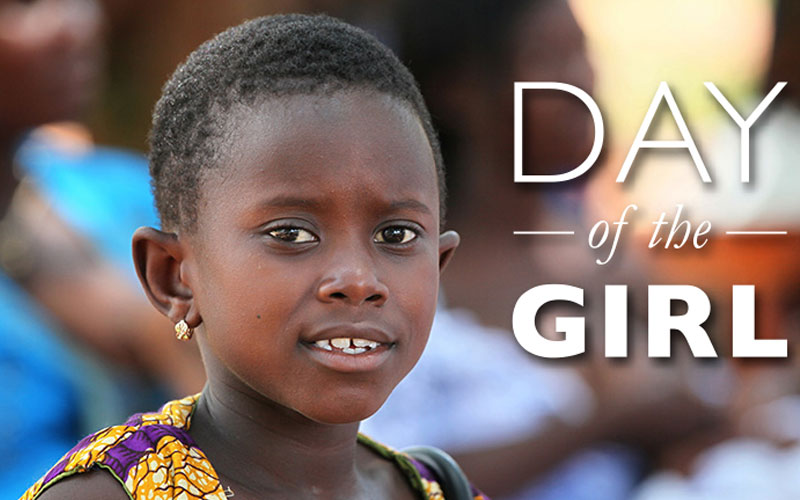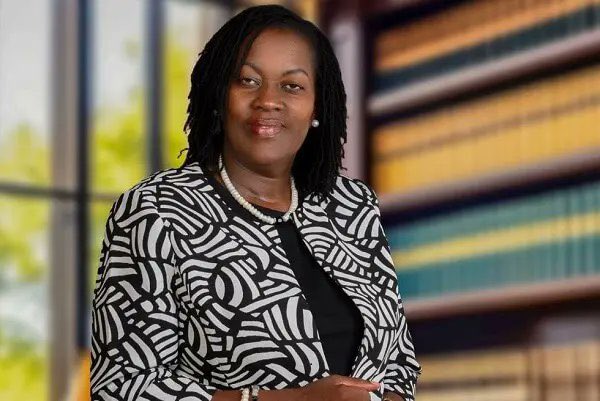Beauty contests outcome big win for black girl-child

Sandra ochola
Beauty pageants are viewed differently. For some, they are nothing more than pastime activities where the trivialities of colour and texture are magnified.
For others, they are a form of entertainment where organisers make lots of money, men ogle women as young girls build castles on powdery foundations.
But a keen eye will catch the political, social, economic and even cultural nuances that underpin the identities and initiatives that are paraded and selected during a beauty contest.
It is often in the political and economic muscle of the countries that participate, it is also in the cultural and religious diplomacy that defines what’s appealing or not.
The social causes picked by the young women, from women empowerment, environmental conservation, peace and humanitarianism often speak to the status of humanity and the world at the time.
For example, the recent crowning of black beauty queens by the all the major pageants, has marked a departure from what the global pageants have been known for.
The first recorded beauty pageant was held in Scotland, during the Eglinton Tournament of 1839.
Jane Georgiana Seymor, Duchess of Somerset, was crowned the Queen of Beauty, thus setting the stage for other local and international beauty contests.
Miss America made its debut in 1921 and was largely organised as a means to attract tourists to New Jersey. It was followed by the Miss World Contest in 1951 and the Miss Universe and Miss USA pageants in 1952.
The Miss Universe franchise later started the Miss Teen US in 1983 while the Miss Earth found its footing within the pageant industry is 2001.
Through the decades, the definitions of beauty revolved around Western culture and standards. The contestants’ skin was pale, their hair was long and silky and their bodies slim and trim.
Black women were largely excluded from the events as their physical and personality attributes did not meet the Western standards.
The first Miss Black America was thereby organised in Philadelphia, US in 1968 as a protest against the exclusion of black women in the Miss America beauty pageants.
While not as popular as the other local and international fetes, Miss Black America did provide a platform for the celebration of black beauty within an otherwise racist and exclusionary environment.
Despite the above, young African girls still lacked the opportunity to showcase their beauty at the international platforms. Indeed, there were still standards for black beauty and black African beauty.
It was not until the 1990s that runway models such as Alek Wek turned the spotlight to Africa as far as beauty, elegance and fashion were concerned.
Regardless, many African countries continued to hold their national pageants and made varied attempts at getting recognition and appreciation on international platforms.
It was thus a grand fete for the African girl child when in 2001 the reigning Miss Nigeria was crowned Miss World. Miss Agbani Darego was the first native African to win the prestigious Miss World title.
The Miss Universe pageant has also bolstered black and black African engagements in the beauty industry.
Early this month, Miss Zozibini Tunzi, a native South African claimed the Miss Universe 2019 title. She joined ranks with four other black women Miss Teen USA, Miss USA, Miss America and most recently Miss World to chart a new age for beauty pageantry of inclusion and diversity.
The five women have since done media interviews stating their experiences before and during the various pageants.
Indeed, issues of hair colour and hair texture were still rife, in some instances their complexions were considered darker than desired and their accents were criticised by friend and foe.
Anti-feminist rhetoric was also directed their way as some felt their women and girl child causes were widening the gender rivalries.
Despite the above, it is a big win for the black girl child. It is an even bigger one for the young girl growing in Africa. There was a time she would not even be allowed to participate in these events and where she did, she had to compromise her core beliefs to be accepted.
Congratulations to the 2019 beauty queens and may they continue to shape opinions and break boundaries for Africa and the black community. — The writer is an Advocate of the High Court and comments on topical issues.









